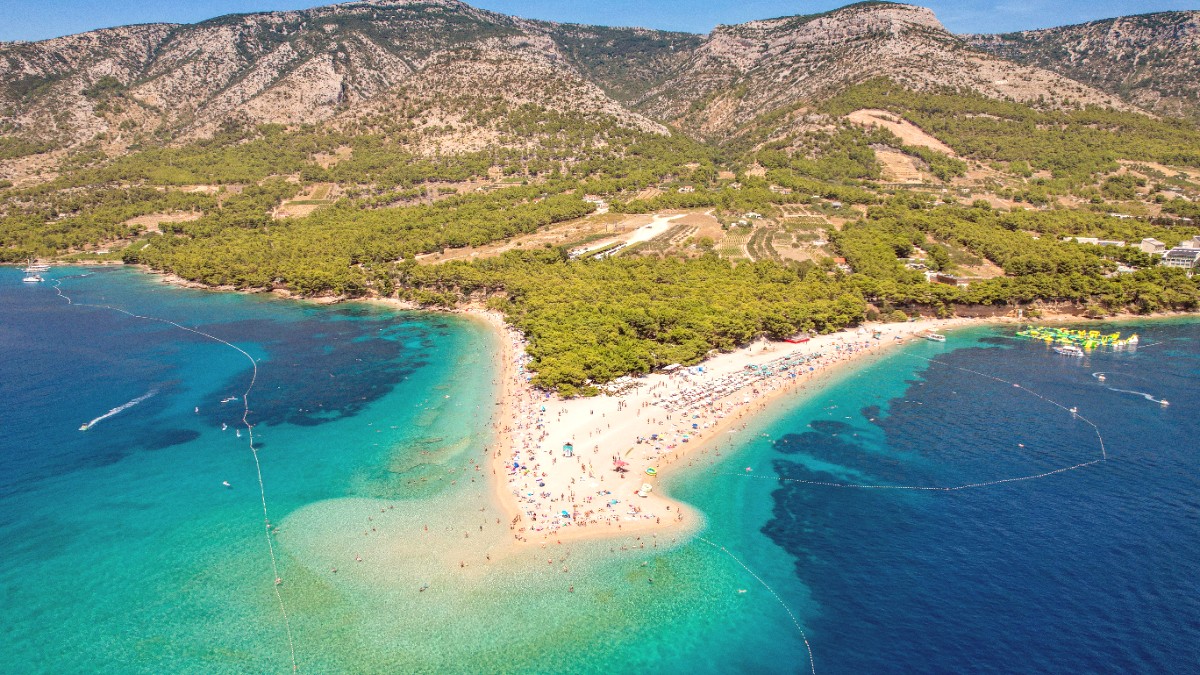
Croatia
This highest point on the Adriatic islands is a protected area, safeguarding its unique ecosystems and landscapes.
Efforts protect Brac's pristine coastal ecosystems and marine life, preserving native plant species and sea health.
Specific marine protected areas around the island work to conserve biodiversity and support sustainable fishing practices.
Adopting environmentally sound practices aids the long-term health of Brac's natural resources.
Recycling bins for plastic, paper, and glass are available in towns across Brac. Minimize single-use plastics.
Water is a precious resource on islands, especially during hot, dry summers. Use water sparingly.
Considering carbon offsetting for your flight emissions supports environmental initiatives.
Opting for sustainable accommodations and tours benefits the local environment and community.
Patagonia provides outdoor gear with strong environmental and ethical standards.
Learn MorePackage Free Shop offers a variety of reusable products to reduce waste while traveling.
Explore ProductsConscious choices during your visit contribute significantly to the preservation of Brac's natural beauty.
Cultural sensitivity fosters positive interactions between visitors and the local community.
Politeness and basic language attempts foster warmer interactions with residents.
Mindful photography respects local privacy and cultural norms.
Proper conduct inside religious sites shows respect.
Take time to watch and learn from daily local interactions.
A polite approach to conversation helps bridge cultural gaps.
Embrace variations in customs as part of the travel experience.
Responsible travel on Brac Island extends to supporting the local economy and ensuring your visit benefits the community.
Seeking locally made products supports fair wages for producers and quality goods.
Booking tours and activities with local Brac-based companies supports the community directly.
Conscious choices contribute to preventing exploitation and negative impacts.
If donating, contribute to registered local charities or community development projects.
Refrain from giving money directly to beggars; support reputable organizations.